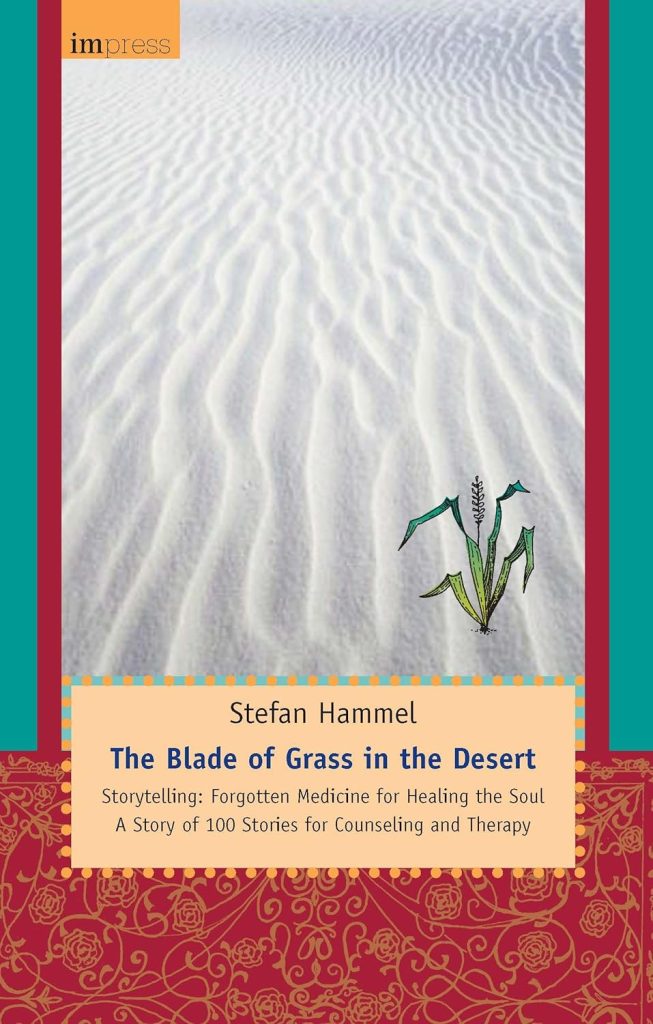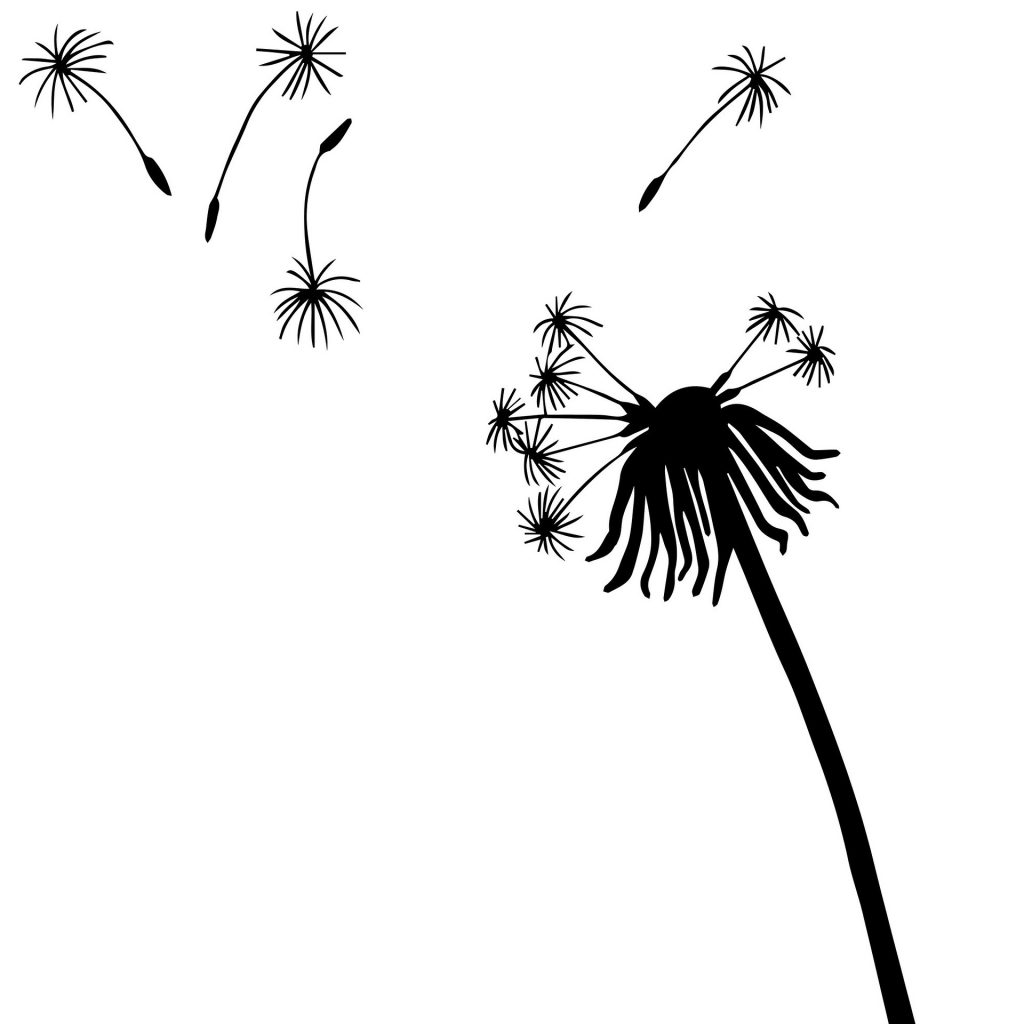At dying beds I’ve experienced a lot of silence – which felt at times good, at times disturbing. Dying people will be almost always be in coma in their last hours (and, mostly, days). What hinders us from speaking with the dying?
- As family members, we may be in a shock state, frozen or confused.
- We may be insecure if they hear and understand us.
- We may be insecure what is relevant and helpful for them.
- We may feel insecure what the staff thinks of us if we behave unconventional.
But surely, if we find out what hinders us from speaking and acting, this can free us and widen the range of our possibilities, to the benefit of both ourselves and the patient.
Sometimes it’s extremely difficult to notice and interpret any nonverbal reactions of coma patients. In other cases we need to sharpen our senses. With no other body reactions left, often there are still reactions on our words, or on caressing, in the patients’ changing his of breath style and rhythm (unless on a breathing machine).
If we do find tiny nonverbal reactions or changes of the way of breathing, the questions are:
- Does the patient show this behavior repeatedly (every time) when we bring up a certain topic or do something particular (or when a certain person is arriving or leaving or being mentioned)?
- Do we rather see the reaction as one of stress or relief?
I would like to summarize a few things that I have learned from the Encounters I had with dying people.
1. Treat dying people as living people. 2. At a dying bed, get aware of what hinders you from acting and speaking free. Free yourself to get flexible.
3. Observe which tiny reactions (movements, mimics, breath) the dying person shows repeatedly on certain key words, persons, behavior. Are they reacions of stress, relief or interest? Which are the triggers?
4. Dying patients may be in coma, but they’re usually not deaf. Choose your words well. No catastrophic medical descriptions or burial talk.
5. Create rapport. Introduce yourself and tell your aim shortly. Use body contact, use your voice and breath pacing.
6. See a coma patient as someone who is already in trance. Create rapport. Interventions can start right away, without induction
7. The subconscious responds strongly to imagery. Speak in a dream language. Use metaphors, avoid abstract words.
8. Breath pacing and leading can regulate pain or breath problems (and can regulate breath down till it almost stops).
9. Breath, blood pressure and heart rate can also be regulated by metaphors (f. e. of a flying eagle, a pulsating jellyfish or a manta ray).
10. Speak about emotional content rather than about facts.
11. Express in metaphors or more directly that it is possible and good to let go – of live, of psychological problems of body problems.
12. Use metaphoric terms to speak about the good future.
13. Introduce thoughts like “You can love them from the other side”, “things will change, relations go on”.
14. Use negative terms only with a good reason. Except for pacing strong pain, don’t mention “pain” but “body sensations”. Teach this to the relatives.
15. People will rather die when they’re ready to go. What may help: Rituals, a bye-bye from family members, messages of “letting go”.




